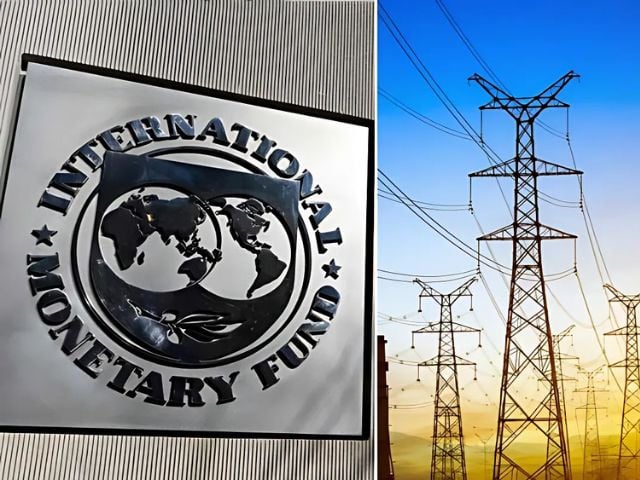ISLAMABAD: The International Monetary Fund (IMF) has rejected a proposal from Pakistan’s Energy Ministry that aimed to offer surplus electricity to industries at a reduced rate.
The proposed plan was designed to supply around 8,000 megawatts of excess electricity to the industrial sector at marginal cost. It was also focused on supporting emerging sectors such as artificial intelligence (AI) and data mining. The plan suggested lowering taxes on electricity units and removing various other charges.
According to sources, the IMF was not convinced by the Energy Ministry’s explanation. Officials were unable to provide assurance about the full recovery of dues from industrial users. The IMF raised concerns about Pakistan’s ability to ensure 100 percent payment collection for the discounted electricity, which was a key condition for approval.
The ministry had proposed a three-year plan that would exempt industries from several charges and taxes, applying only production costs and capacity charges. However, the IMF rejected the plan, citing fiscal discipline issues and potential risks to the country’s economic reforms under the current loan program.
Sources say that a revised proposal may be discussed in the upcoming round of economic talks between Pakistan and the IMF.
This move comes at a time when Pakistan is under a strict financial program with the IMF. The country’s economy remains under pressure due to rising energy costs, inflation, and limited industrial growth. The rejection of the package is expected to affect industries that were hoping for relief in power tariffs.
The decision also highlights the IMF’s firm stance on subsidy reforms and revenue collection, which remain central to its financial support for Pakistan.
This comes as Pakistan’s broader energy projects also face hurdles, including the Chenab Dam plan, which recently hit an IMF funding snag, read full details here.











